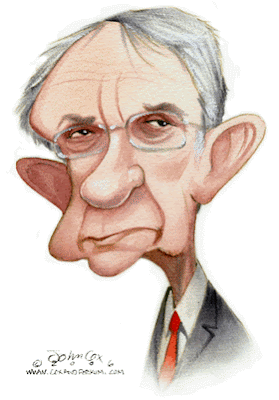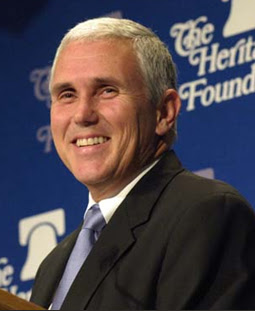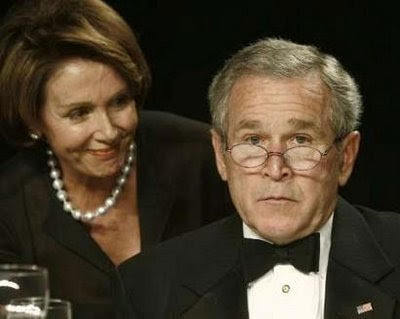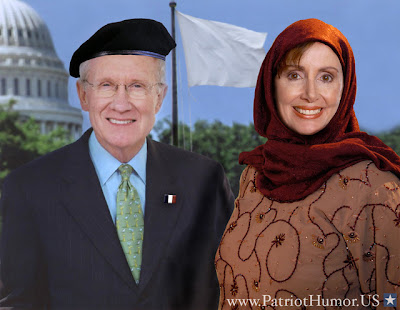'The effective and mass communication of the gospel depends upon the freedom to proclaim it'...
 Greg Koukl on whether political passivity is a vice or a virtue:
Greg Koukl on whether political passivity is a vice or a virtue: ...Check out his apologetics site called Stand to Reason.
The “Separation” of Church and State
The current understanding of separation of church and state—the view that the state is thoroughly secular and not influenced by religious values, especially Christian ones—was completely foreign to the first 150 years of American political thought. Clearly the Founding Fathers did not try to excise every vestige of Christian religion, Christian thought, and Christian values from every facet of public life. They were friendly to Christianity and encouraged its public practice and expression.
It wasn’t until 1947 that the United States Supreme Court first used the concept of “separation” to isolate government from religion. In Everson v. Board of Education, the court lifted a phrase from a letter Thomas Jefferson wrote to a Baptist church in Danbury, Connecticut. The Court ruled, “Neither a state nor the Federal Government can set up a church. Neither can pass laws which aid one religion, aid all religions, or prefer one religion over another....In the words of Jefferson, the clause against establishment of religion by law was intended to erect ‘a wall of separation between church and state.’”
...
Calling a Vice a Virtue
Followers of Christ should not be suppressed from without by a notion of separation foreign to the Constitution. Neither should they be silenced from within by misguided piety.
The Church can never replace the work of the cross with civic works of righteousness. This is beyond dispute as far as I’m concerned. The goal of Christian political activity, though, is not to make a nation acceptable to God. It’s to insure a just society.
Christian author Philip Yancey writes, “We have no mandate to ‘Christianize’ the United States—an impossible goal in any case. Yet Christians can work simultaneously toward a different goal, the ‘moralization’ of society. We can help tether the values and even the laws of society to some basis in transcendence.”
The myth of political passivity unwittingly makes a Christian virtue out of the vice of negligence. When we ignore our obligation to morally instruct the nation merely because someone labels it “politics,” then it won’t be long before the country teems with injustice as every man simply does “what is right in his own eyes.”
Labels: Apologetics, Christianity, Greg Koukl





























